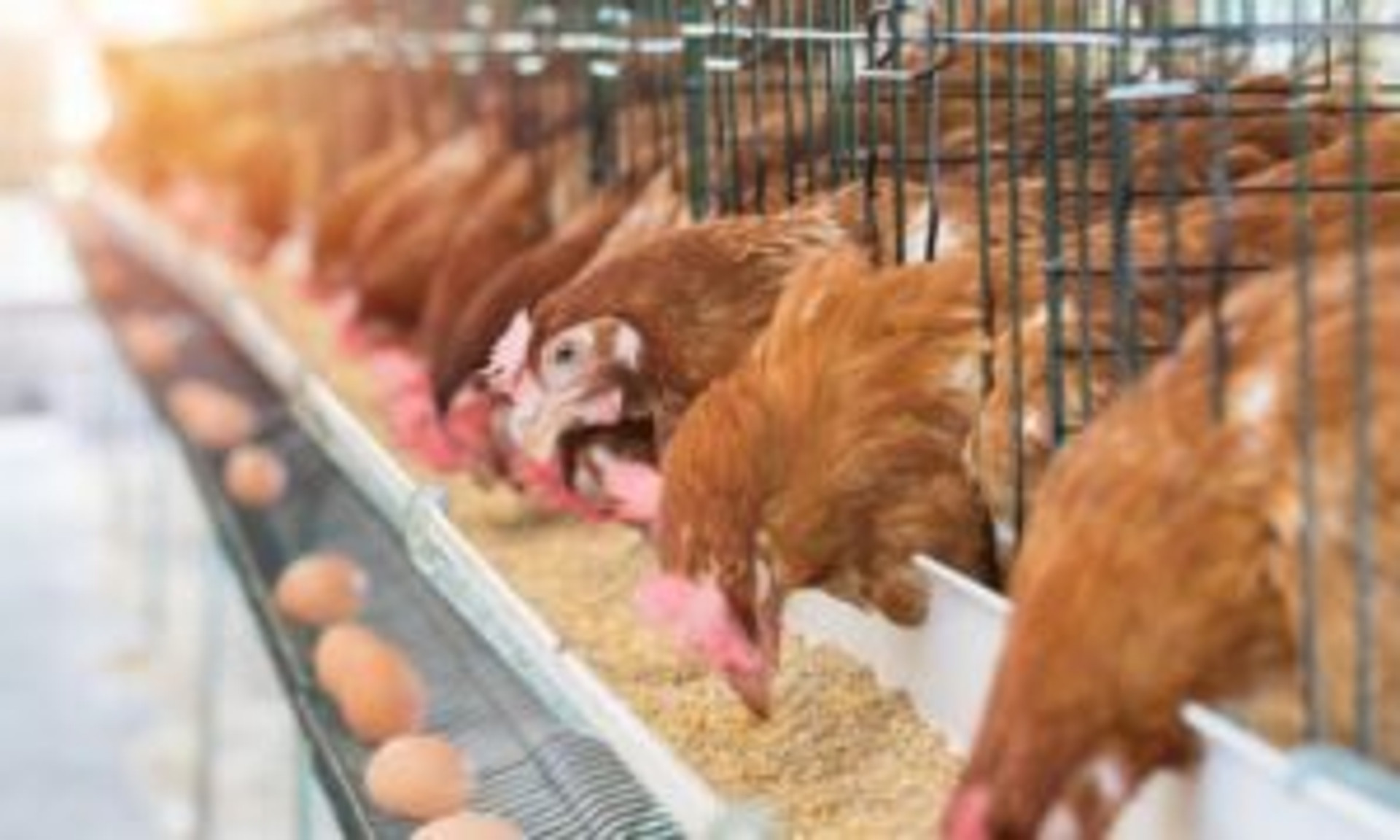Dos and Don'ts of Feeding Your Chickens
Compared to many other farm animals, chickens are a breeze to keep. For the most part, a balanced diet, a clean coop, and plenty of enrichment are all you need to provide to keep your flock happy. That said, chicken keepers still need to learn the ins and outs of these responsibilities.
While chickens eat just about anything they can peck at, it’s a chicken keeper’s responsibility to ensure their diet remains safe, healthy, and nutritious. Keep your flock well-fed with these dos and don’ts of feeding chickens.

DO USE MEDICATED, AGE-APPROPRIATE FEEDS
While it’s true that backyard chickens will forage for their own food, a professionally prepared chicken feed ensures your birds get a balanced, healthy diet. You have many chicken feed options at your disposal, so make sure each bird has an age-appropriate mixture.
For example, starter feed gives chicks the extra protein they need to grow. Layer chicken feed, on the other hand, has a higher calcium content to help your laying hens lay healthy, nutrient-rich eggs.

DON’T GIVE THEM UNHEALTHY SCRAPS
Scraps can make great treats for your flock. Saving your kitchen scraps instead of throwing them away is also an excellent way to be more sustainable. That said, be careful about what you give to your chickens. Avoid anything with high sugar or salt content.
Even more importantly, make sure you never toss moldy scraps to your flock. Other kitchen scraps to keep away from your chickens include:
- Avocado skins or seeds
- Raw or dry beans
- Mushrooms
- Rhubarb
- Green potatoes or tomatoes
- Garlic
- Citrus foods
DO KEEP FEEDERS CLEAN
Feeders can be a significant source of messes in your chicken coop. If you don’t keep them clean, they can serve as the perfect breeding ground for diseases that will quickly spread throughout your flock. Keep your chickens healthy by cleaning feeders regularly.
Try to minimize spills so that your chickens aren’t eating commercial feeds from their coop’s bedding. Consider installing automatic chicken feeders to reduce messes and ensure every member of your flock has access to clean poultry feed.
DON’T LET FOOD SCARCITY LEAD TO SQUABBLES
Chicken flocks have a specific pecking order that determines many aspects of their daily lives, including who gets to eat first. When your birds have limited access to their feeders, they’re more likely to bicker and fight over their meals.
Minimize fighting by making sure there’s enough room for everyone to reach your feeders. Whether you have a large trough or multiple smaller feeders, more access means less competition between your birds.
You may also consider filling your feeders in the morning so that your birds can forage at their leisure for chicken food throughout the day

